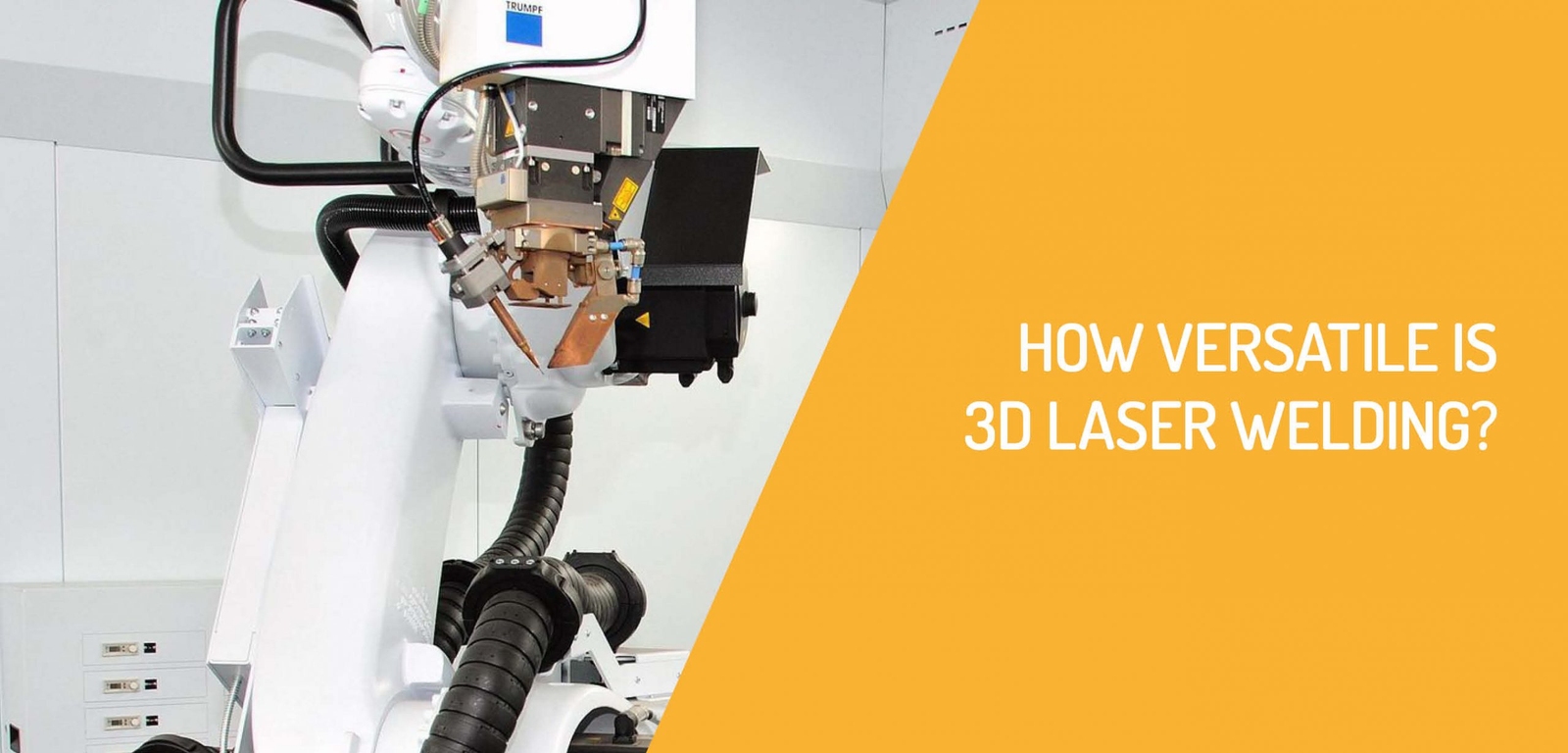KraussMaffei boosts Mexico’s agricultural industry with sustainable logistics solutions in packaging
Discover how KraussMaffei helped transform eco-friendly packaging in Mexico’s logistics sector—read the full case study now.
Welcome to Headland Technology Client log in
Whether you’re after a machine, spare part, power tool, or need to book a service call Headland will help you find the right solution in a timely manner.
Fill out the form below and the relevant expert will be in touch with you shortly.
3D laser welding involves a laser beam joining metal in a variety of ways. You can join workpieces at the surface and create deep weld seams. You can also combine it with conventional welding procedures, or for soldering.
Weld seams and points are in a variety of areas. Lasers are very versatile in so many applications. From creating fine weld points of a millimetre in diameter. To creating deep-welded seams over several metres. There is little distortion and slim seam geometries, with a big depth to width ratio. Lasers weld with high melting temperature and high heat conductivity. And you can join and weld materials that you never thought was possible. Filler material may be necessary.
Here are some examples of the flexibility of 3D laser welding:
Sheet metal manufacturers want to provide higher quality, reliable processing at lower prices. Schink Blechbearbeitung is a company investing in new technologies. The TRUMPF TruLaser Weld 5000 allows them to guarantee the highest-quality weld seams. It provides reliable, cost-effective and very productive processing.
Engineer Günter Schink established the business in 1995. “In my previous position as a factory manager, I supervised the introduction of some brand-new laser cutting systems from TRUMPF, so I knew how powerful they were,” Gunter says. “That’s why I felt sure that we could build a viable company of our own on the basis of that technology.”
They understand the importance of regular investment in new machines and systems. “We’ve had a great relationship with TRUMPF ever since we founded our company. I’m always impressed by the quality of their machines and the support we get from their sales and service staff.”
Schink incorporates a TRUMPF Laser Network (TLN). His TruLaser Weld 5000 shares a 4kw TruDisk 4001 solid-state laser source with TruLaser 3040 fiber laser. It takes less than a second to switch from one machine to another. While staff are setting up the TruLaser 3040 fiber, the TruLaser Weld 5000 uses the laser for welding. And when you need to retool the welding robot, the laser immediately switches back to cutting. This proved to be the perfect way for Schink to slash his initial investment in laser welding. Once the system reaches full capacity, Schink will consider another laser source.
Laser welding offers all sorts of advantages over conventional inert gas welding. It is faster and produces neat and consistent seams in a reproducible manner. It also minimizes heat input, which almost completely prevents distortion and warping. Often, these benefits end the need for extra finishing work.
Welding the housing by hand takes about 110 minutes. That includes laborious preparations and finishing steps. With the TruLaser Weld 5000, Schink now has a reliable process. The same job completed in 10 minutes, including set-up time. And no finishing work required!
Schink operates its TruLaser Weld 5000 and TruLaser 3040 machines in a laser network. So the two systems share a 4kw TruDisk 4001 solid-state laser source. “Tolerant” laser welding is necessary for components with gaps or overlaps. The TruLaser Weld 5000 offers this capability with FusionLine. FusionLine allows welding of components by bridging gaps up to one millimetre wide. Schink can compensate for any lack of precision in the components themselves. It bridges gaps that happen by design.
Schink’s regular customers are very satisfied with these welding results. “Reliable processes and reproducible quality are hugely important to medical device manufacturers and automakers, and we’re perfectly equipped to offer both those things. We’ve already received some initial requests and orders from those industries, and I’m sure people will be spreading the word about what we can offer.”
The high quality of the weld seams will boost his business. As well as the versatility of the TruLaser Weld. As well as tackling conventional laser welding. The welding cell is also great for tolerant laser welding. FusionLine allows welding of components by bridging gaps up to one millimetre wide. This is a technique that Schink says is invaluable. “It basically means we can compensate for any lack of precision in the components themselves. And it also means we can bridge gaps that occur naturally by design, for example when you bend the sides of stainless steel housings.”
Switch between FusionLine and conventional laser welding methods. Switch between methods such as heat conduction welding and penetration welding, without retooling. Even if working on a single component. “Every day I look forward to putting what I’ve learned into practice – and our results clearly show that it’s worth the effort.”
Whether you’re after a machine, spare part, power tool, or need to book a service call Headland will help you find the right solution in a timely manner.
Fill out the form below and the relevant expert will be in touch with you shortly.
